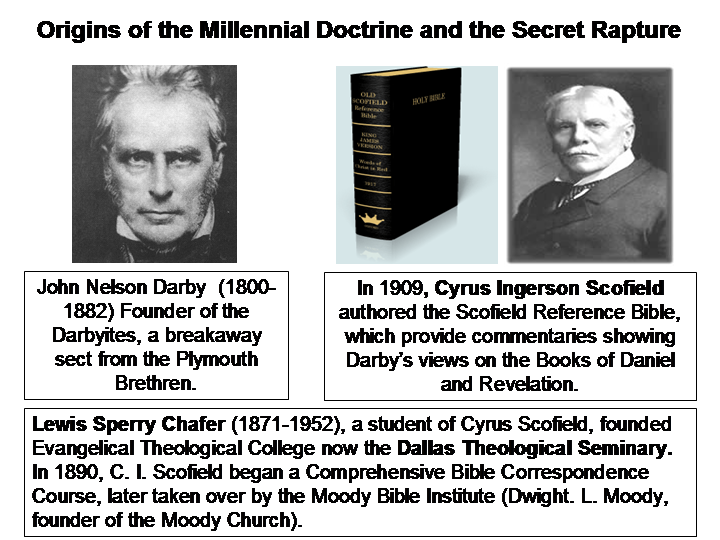That's an interesting view of it. I suppose in some sense to believe your ultimate state of being is more than this life, does give hope. I have that hope as well. I see Paul's view of this as an interesting metaphor to speak to our eternal natures. While I don't see it literally as many might, it still has truth in it, from a certain point of view.
What I object to, is when people spend their time fixated upon that as the ultimate hope for their miserable states of being. That's what I object to. But it is also a common theme among the saints, "I'll fly away, oh glory, I'll fly away. When I die, hallelujah by and by, I'll fly away", sung in the churches on Sunday mornings, programming us to look away from this life now. It fails to get us to look at the world in reverence, awe, and worship as the creation of that God we claim to love.
If we are looking to get out of this world, than we can't experience Peace here and now by denying it to ourselves. "I'll fly away oh glory, I'll fly away," really means escaping God, by looking for God in the future.
A technical term for that is spiritual bypassing, if you're interested in understanding more about that as a known thing.
Haha. Yeah, I think I heard that probably within the first two weeks of joining that church I did out in Montana, way back when in my 20s. That church taught that televisions and movies were a doorway for the devil, "one-eyed devils", they called them. And one of the brothers told me that if the rapture happened if you were watching a TV, you'd get left behind and have to go through the tribulation. Oh, the things they believed.

In hindsight now, it seems to me he probably had a really strict father who he heard as the voice of God in his head, "If I catch you watching that TV, Gary, there'll be hell to pay". Quite literally so, when it comes to God. I personally was never fully able to try to relate to God that way, tried as I did to believe the Bible the way they read it.

